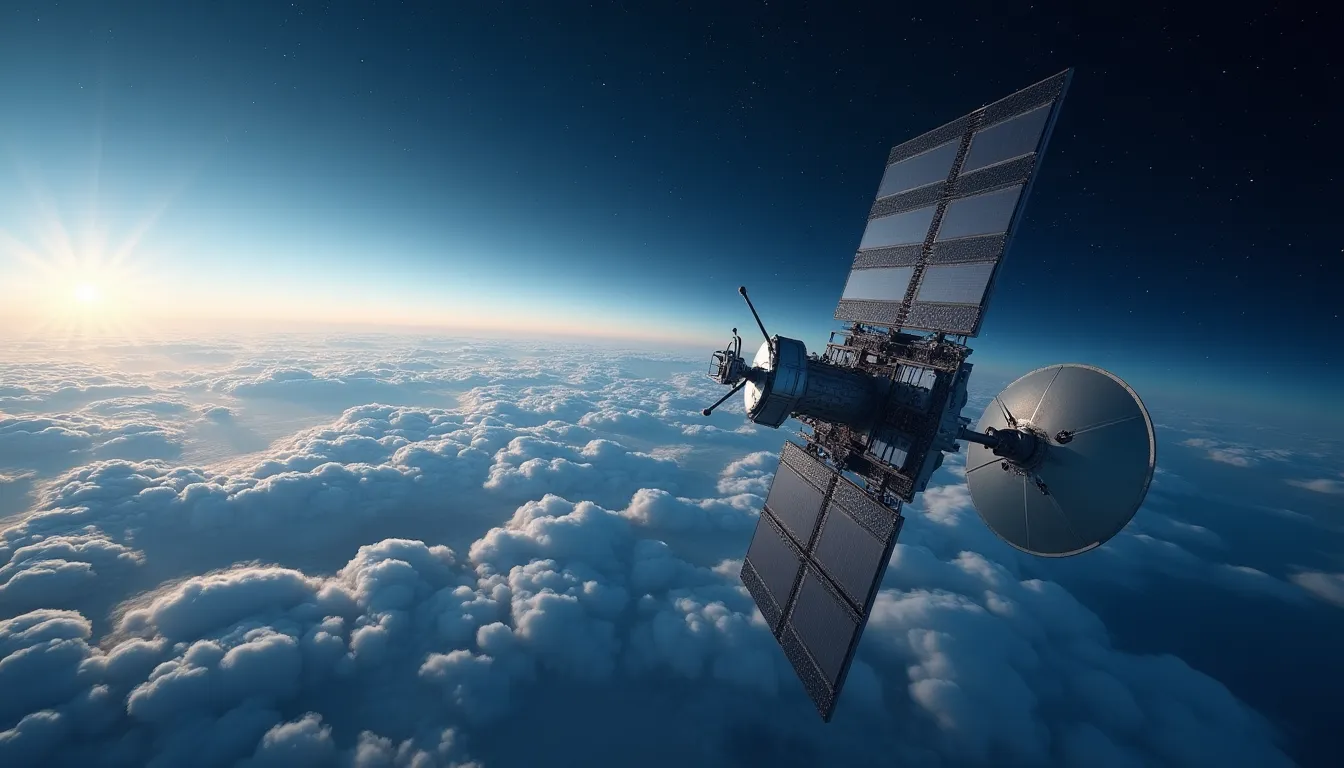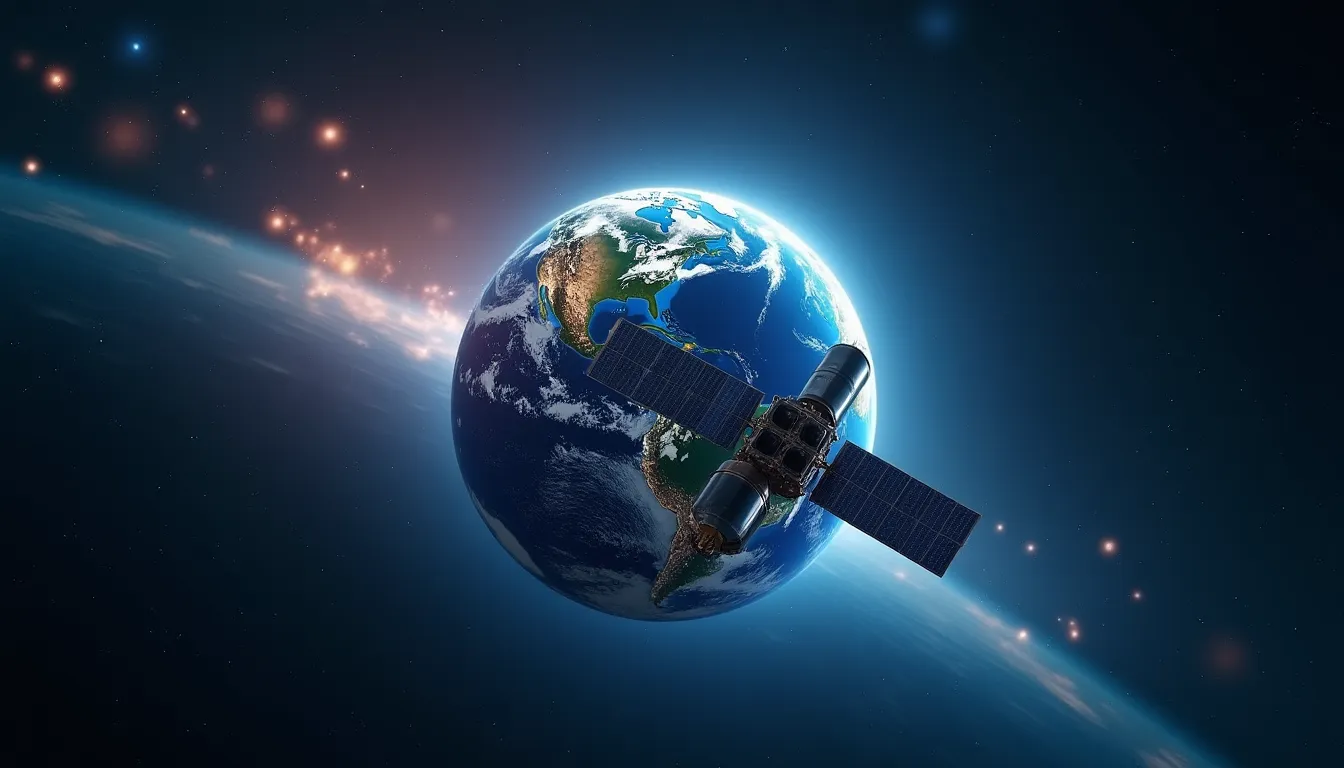In a significant development for the aerospace and defense sector, a satellite software company has successfully secured funding as part of San José’s inaugural AI startup incentive program. This initiative aims to foster innovation in artificial intelligence and its applications, particularly in satellite technology. The awarded funds will enable the firm to enhance its software solutions that optimize satellite operations, improve data processing, and increase overall system efficiency.
The Growing Importance of Satellite Technology
As the demand for satellite communication and Earth observation services continues to rise, the role of advanced software solutions becomes increasingly critical. Satellites are essential for various applications, including weather forecasting, global positioning, and telecommunications. According to industry reports, the satellite market is expected to grow to $500 billion by 2025, driven by advancements in technology and the increasing need for reliable data.
Enhancing Operational Efficiency
The funded satellite software firm specializes in developing cutting-edge solutions that leverage artificial intelligence to streamline satellite operations. Their software incorporates machine learning algorithms that analyze vast amounts of data, allowing satellites to make real-time adjustments to their trajectories and operational parameters.
“Our goal is to revolutionize how satellites operate in space by integrating AI into their decision-making processes,” said John Doe, CEO of the satellite software firm. “With this funding, we can accelerate the development of our technology and significantly enhance the capabilities of satellite systems.”
Technical Innovations in Satellite Software
The integration of AI in satellite operations is not just about improving efficiency; it also involves enhancing the precision of satellite navigation. For instance, advanced inertial navigation systems can provide precise guidance, ensuring that satellites maintain their intended orbits with minimal deviation. These systems employ high-precision fiber optic sensing coils, which are fundamental for accurate positioning and stability.
In addition, the software’s ability to process data from various sensors can lead to more effective thermal management systems within satellites, preventing overheating and ensuring prolonged operational lifespans.
The Role of Artificial Intelligence
Artificial intelligence is poised to transform the satellite industry by enabling autonomous operations and improving data analytics. The software firm’s focus on AI-driven solutions reflects a broader trend within the industry, where companies are increasingly adopting smart technologies to enhance satellite functionality.
Expert analyst Jane Smith from the Aerospace Technology Institute commented, “The intersection of AI and satellite technology is a game changer. It allows for more adaptive and resilient systems that can respond to changing conditions in real time. This funding is a crucial step toward advancing these technologies.”
Future Impacts and Developments
With the funding secured, the satellite software firm plans to explore new avenues for development, including partnerships with aerospace manufacturers and satellite operators. These collaborations could lead to the integration of their AI solutions into existing satellite fleets, enhancing their performance and capabilities.
Moreover, as global initiatives push for advancements in satellite capabilities, such as the deployment of mega-constellations for global internet coverage, the demand for sophisticated software solutions is expected to surge. Companies that can innovate in this space will likely see significant growth and market opportunities.
Conclusion: A New Era for Satellite Operations
The successful funding of the satellite software firm in San José is indicative of a broader trend in the aerospace industry, where innovative software solutions powered by artificial intelligence are becoming essential. As the satellite market continues to expand, the integration of advanced technologies like inertial navigation systems and AI-driven analytics will play a pivotal role in shaping the future of satellite operations.
In summary, this funding is not just a win for the firm but a milestone for the industry, signaling a commitment to leveraging AI for enhanced satellite performance and operational efficiency.



